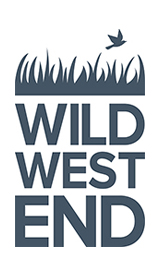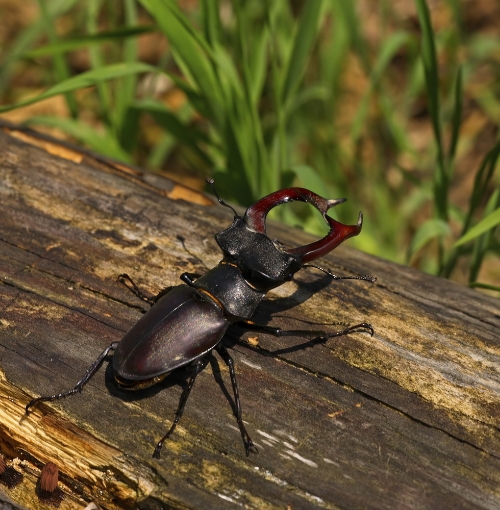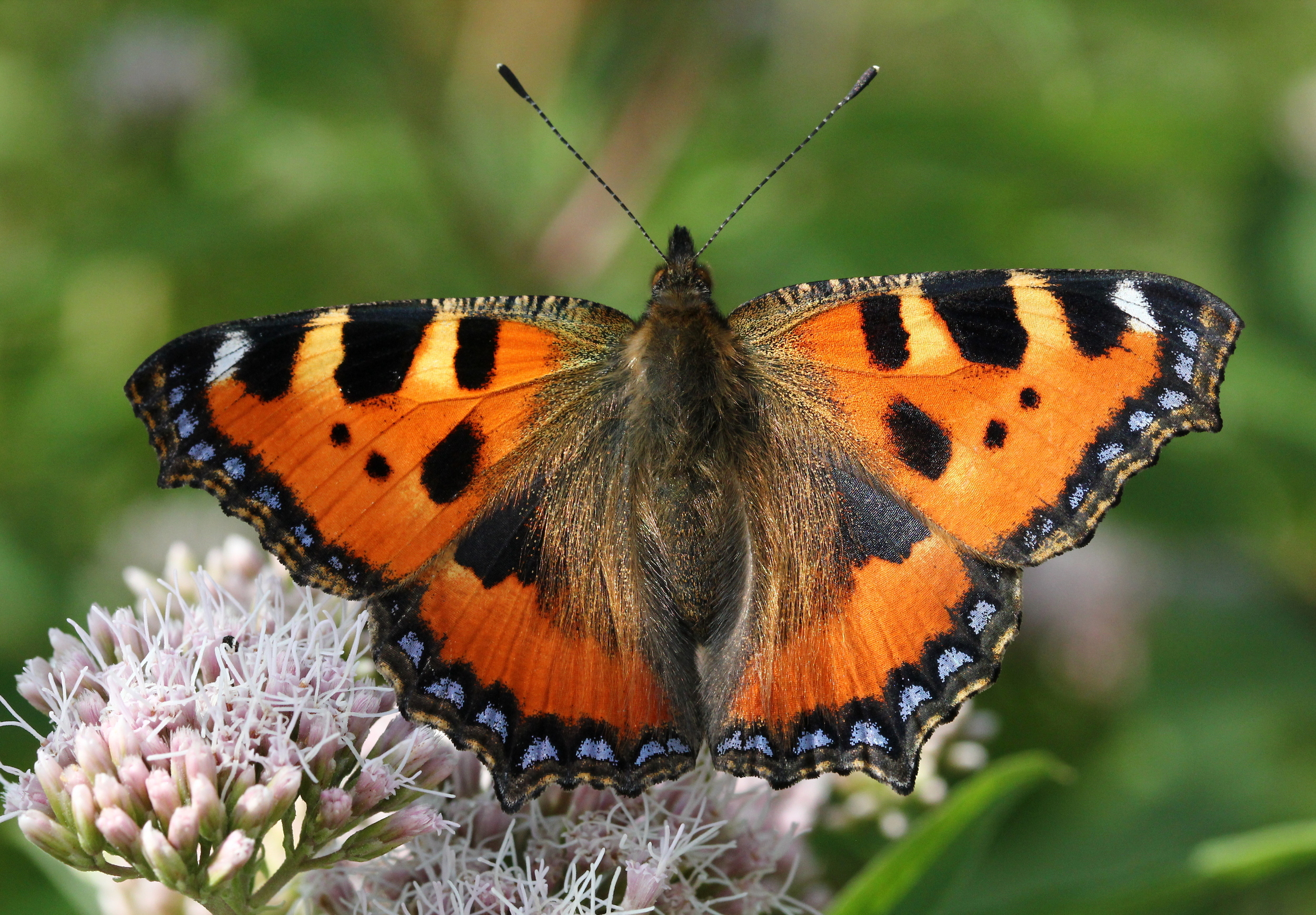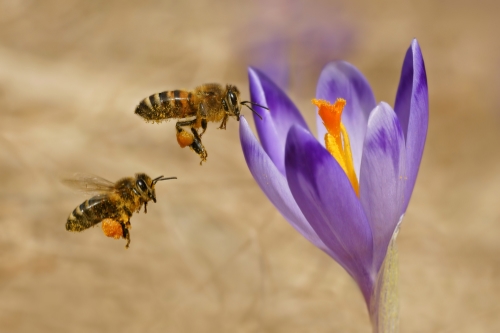London’s parks and gardens have long been known as a stronghold of the stag beetle, the UK’s largest terrestrial beetle, particularly where fallen trees and logs are left undisturbed. This provides the perfect habitat for the juvenile stages of the stag beetle, which can take four to six years to pupate whilst feeding on decaying wood.
When the stag beetle finally emerges from the ground, it is to mate, and it must do so quickly. Adults only survive for a matter of weeks, feeding on nectar or tree sap. Wild West End will provide habitats for larvae to develop, as well as nectar-producing flowers for adults to feed on before they take flight.
Go to the London Wildlife Trust website for further information on invertebrate species
Butterflies and moths (picture of peacock butterfly)
Butterflies, and in particular moths, are among the most diverse range of insects in the world. They tend to be indicators of healthy habitats, as the habitats they frequent are also likely to be of value to a large range of other species. Not only are butterflies and moths amongst the most beautiful insects in the country, they also provide an important food source for a number of predators including other invertebrates, birds and bats.
Pollinators/Bees
One of the most important groups of species on the planet, pollinators are a vital contributor to ecosystems. They transfer pollen from flower to flower, facilitating a plant’s reproduction and thereby its production of food, be that fruits, nuts, seeds, beans or oil. Pollinators are in decline globally, and without them we may experience huge losses in food production capacity.
Wild West End will provide homes for beetles and hoverflies, and solitary bees and wasps. We will include a combination of both early and late pollen and nectar-producing plants in our species mixes to provide a source of nutrition throughout as much of the year as possible. We will also maintain beehives for honeybees, which will facilitate pollination, as well as enable tenants to produce their own honey.




